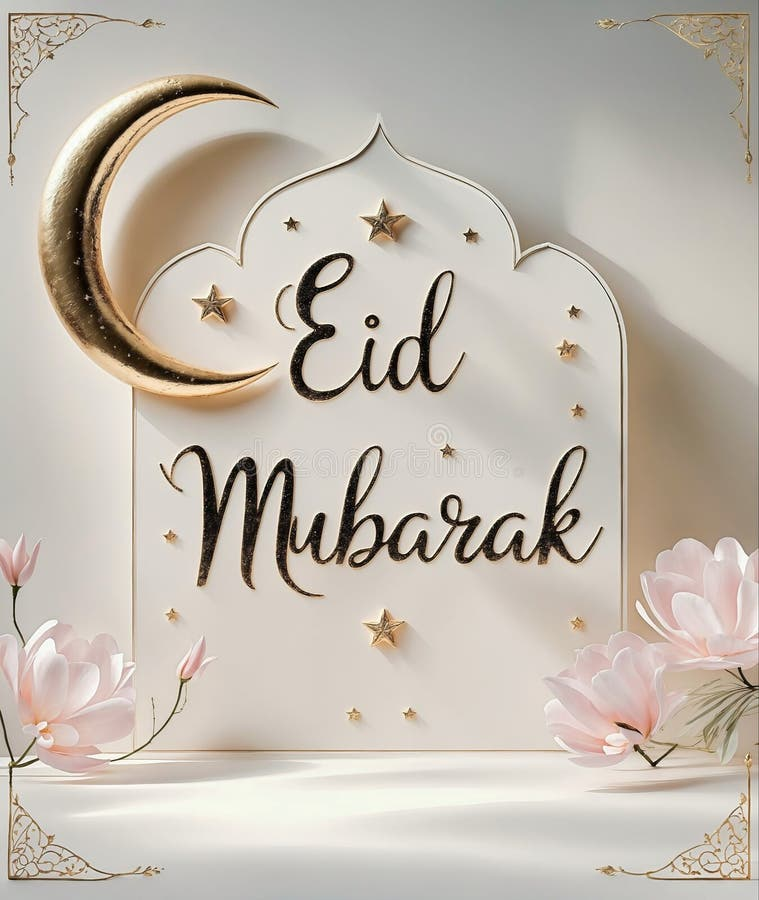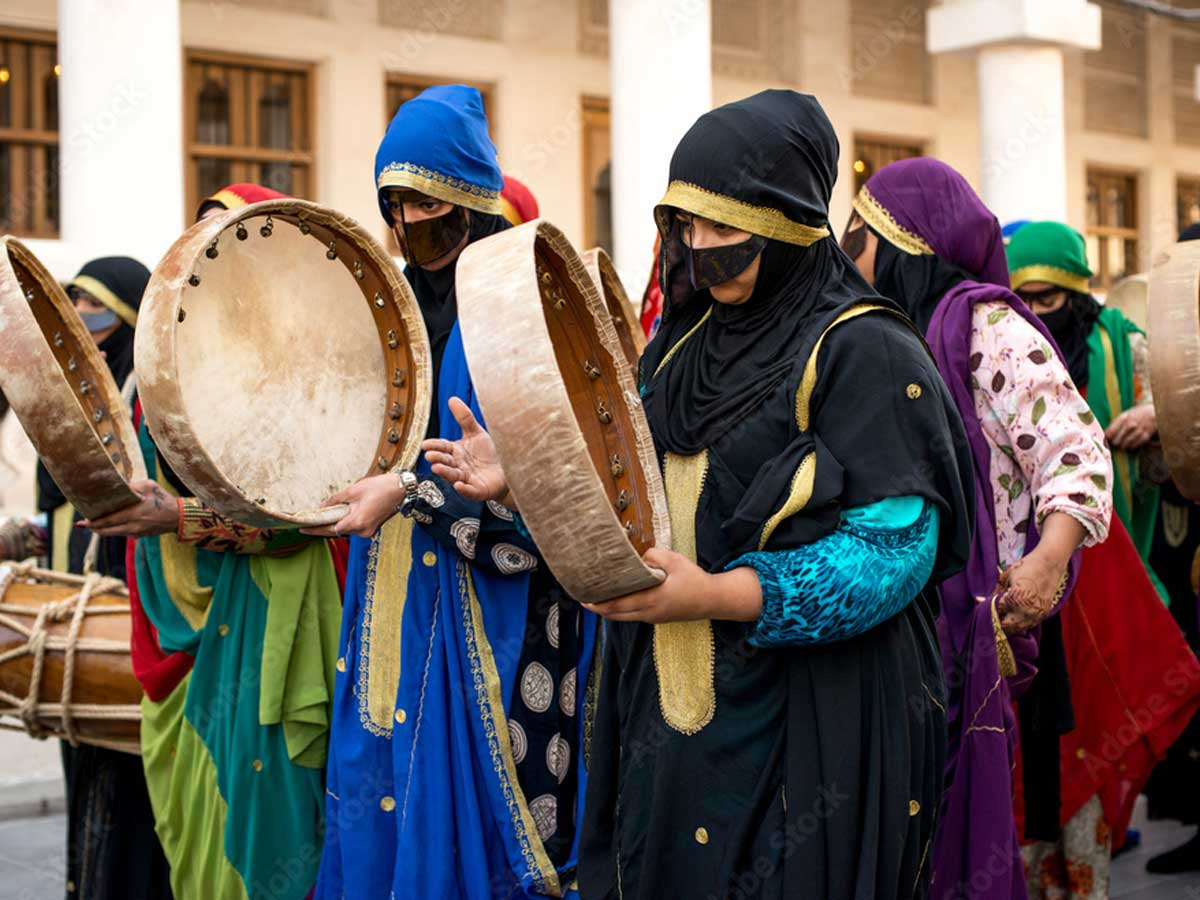- Published on
The Sacred Oud (Agarwood) Burning Rituals in Moroccan Homes A Timeless Tradition
- Authors

- Name
- Adil ABBADI
Introduction
In the heart of Moroccan homes, a subtle yet powerful scent wafts through the air, transporting family and friends to a realm of warmth, comfort, and spiritual connection. The oud, also known as agarwood, has been an integral part of Moroccan culture for centuries, with its burning ritual being an essential aspect of daily life. This revered tradition not only purifies the air and repels insects but also serves as a symbol of hospitality, respect, and devotion.

- Cultural Context
- Traditional Significance
- Modern Relevance
- Cultural Preservation
- Conclusion
- Cultural Call-to-Action
Cultural Context
The use of oud in Morocco dates back to the medieval period, when Arab traders introduced this precious resin to the region. Over time, the oud became an essential component of Moroccan daily life, particularly in the home. The burning of oud was believed to possess spiritual properties, warding off evil spirits and bringing blessings to the family. This tradition was closely tied to the Islamic faith, as the oud was considered a symbol of purity and devotion.
Traditional Significance
In Moroccan homes, the oud burning ritual is an integral part of daily life, particularly during special occasions such as weddings, Eid celebrations, and gatherings. The oud is typically burned in a decorative incense burner, releasing a fragrant smoke that permeates the air. This ritual is not only a sensory experience but also a symbolic act of hospitality, respect, and generosity. The oud is believed to purify the air, creating a sacred space for social gatherings and spiritual connection.

Modern Relevance
While the oud burning ritual remains an essential aspect of Moroccan culture, modern adaptations have emerged in response to changing lifestyles and environmental concerns. Many Moroccan homes now incorporate electric oud diffusers or essential oil blends, allowing for a more convenient and sustainable way to enjoy the benefits of oud. Additionally, the oud has become a popular ingredient in modern wellness practices, such as aromatherapy and meditation.
Cultural Preservation
Efforts to preserve and promote the oud burning ritual are underway, with many Moroccan artisans and craftsmen working to maintain traditional techniques and recipes. The Moroccan government has also established initiatives to protect the agarwood tree, ensuring the sustainable harvesting of this precious resource. Furthermore, cultural festivals and events continue to celebrate the oud burning ritual, educating younger generations about the significance and beauty of this timeless tradition.

Conclusion
The oud burning ritual in Moroccan homes is a testament to the country's rich cultural heritage, embodying the values of hospitality, respect, and spiritual connection. As we navigate the complexities of modern life, this timeless tradition reminds us of the importance of slowing down, appreciating the simple things, and cultivating meaningful relationships.
Cultural Call-to-Action
As you explore the wonders of Moroccan culture, we invite you to experience the sacred oud burning ritual for yourself. Visit a Moroccan home, attend a cultural festival, or try burning oud in your own space. Allow the fragrance of this sacred wood to transport you to a realm of warmth, comfort, and spiritual connection.
